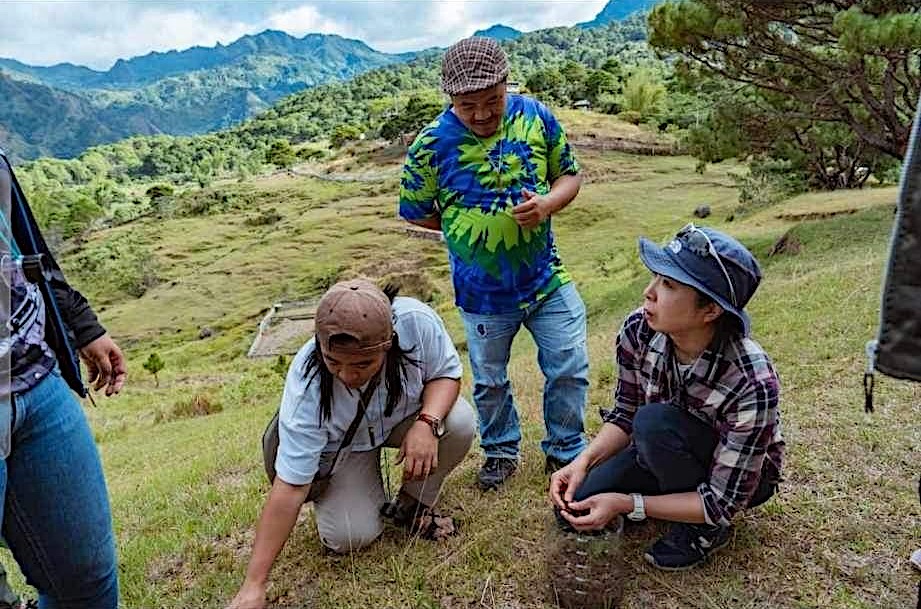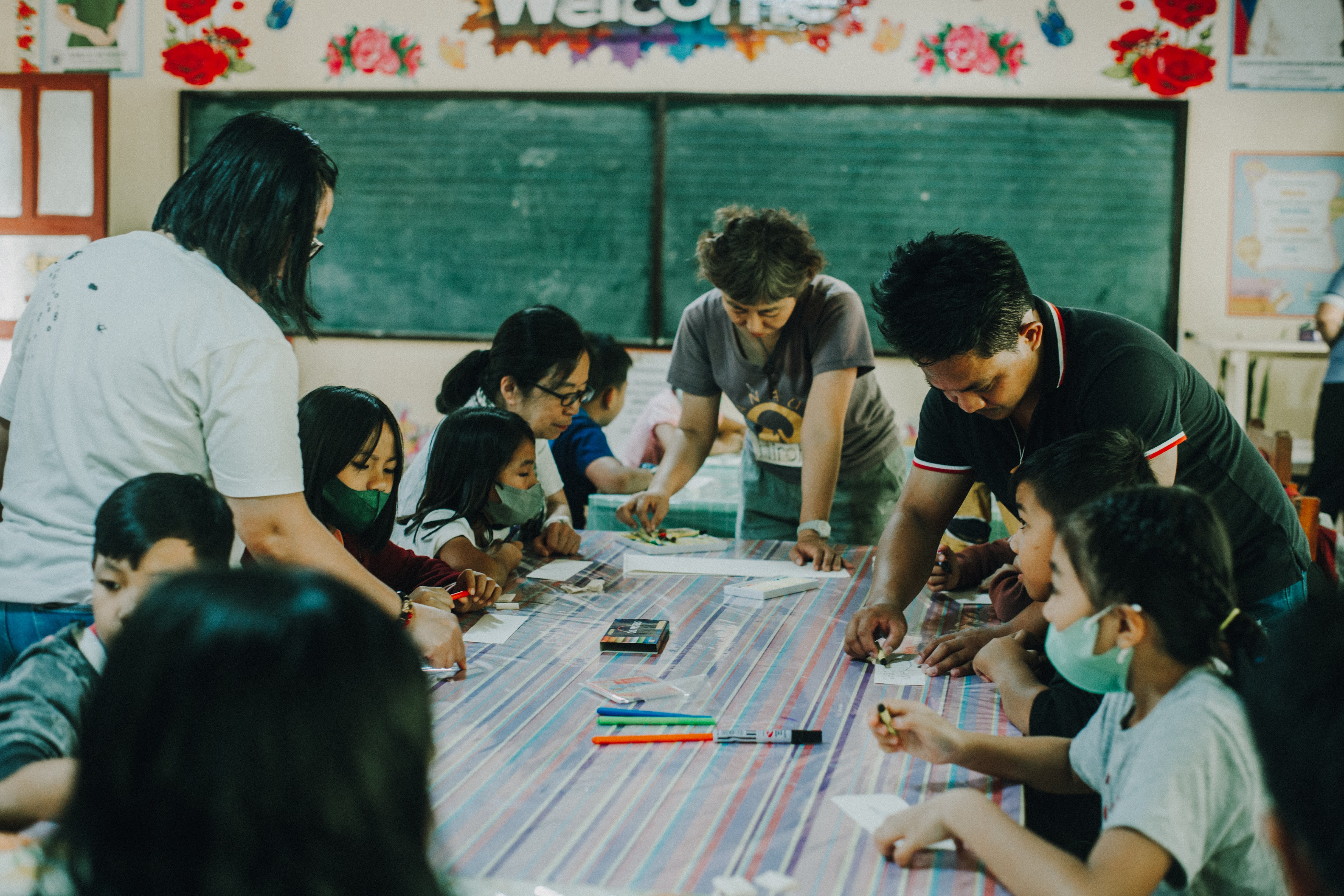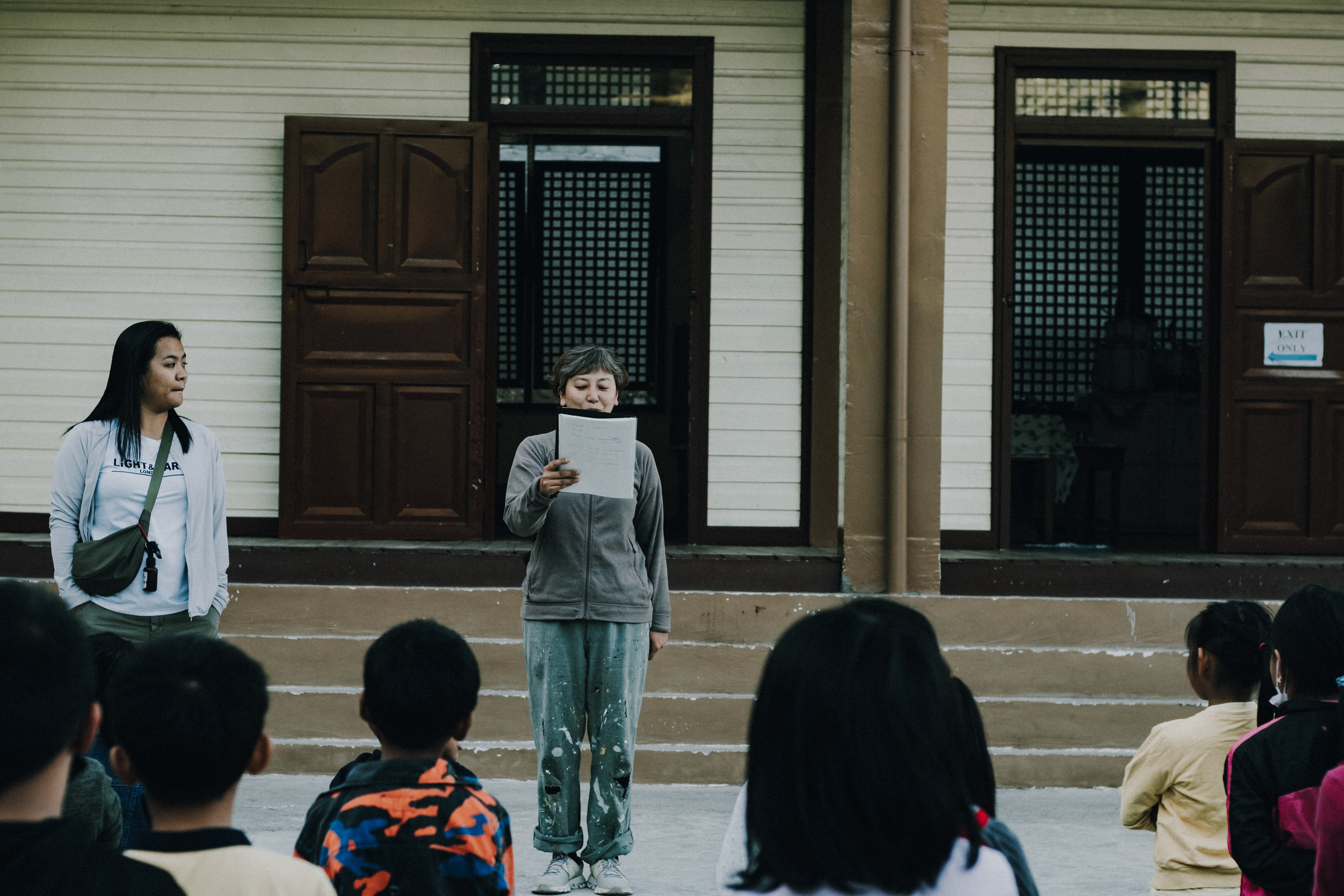Hopeful Horizon: Cordillera Green Network weaves a compelling sustainability story for the highlands
By Mat Richter
The Cordillera Administrative Region (CAR) is home to several indigenous communities residing at altitudes of nearly 2,000 meters. Despite the economic challenges brought about by its terrain, the region boasts a sustainable landscape with a unique culture.
In recent years, however, global economic shifts have led people to modify traditional practices, which inadvertently led to environmental degradation through deforestation and mismanagement of forests.
Lest we forget, the Philippines finds itself situated at the lower ranks of sustainability, ranking 158th out of 180 nations in the 2022 biennial Environmental Performance Index — indicating that our nation faces a clear environmental threat.
Despite the challenges, there is a Baguio-based group called Cordillera Green Network (CGN), which has been leading the way with green initiatives to establish an eco-friendly region and champion environmental education.
Three for a tree
Established in 2001 in Baguio City, CGN is an environmental NGO committed to conserving the Cordillera Region. Despite its modest size, it has been actively implementing environmental projects in highland communities.

With core objectives of championing environmental conservation and improving the lives of those living in indigenous communities, CGN focuses on three areas: conserving the Cordillera watershed community, agroforestry, and environmental education.
"All of our staff are indigenous peoples except me. We started this organization in 2001 with some artists, musicians, and theater people to develop livelihood, and conserve the environment within and beyond communities," said CGN co-founder Mariko Sorimachi.
Indigenous foresters, environmental educators, and artists also contribute to CGN's impactful initiatives in environmental action.
Coffee with a purpose
Addressing the practice of burning down forests for highland vegetable plots, CGN educates indigenous peoples on agroforestry, offering an alternative livelihood that safeguards their forests and water sources. Agroforestry integrates valuable tree species, such as fruit trees, cacao, and coffee, generating income from a single site.

Arabica coffee, suitable for high altitudes and shade-dependent, is often recommended by CGN for agroforestry projects. The organization supports communities by providing technical guidance, seedlings, and equipment.
"For income generation, we request them to plant coffee and other crops through agroforestry. They can have a sustainable livelihood from the forest as long as they protect it," said Sorimachi.
Planting the seeds of tomorrow
CGN plants native trees on communal lands to enhance water source recharge, aiding in the replenishment of groundwater resources. Furthermore, the group plants seeds in vulnerable water sources threatened by forest fires and excessive land conversion to help conserve the watershed community and, ultimately, the environment.

Participating in afforestation, CGN aids in the reforestation of abandoned and degraded lands. In an afforestation project in Benguet, 7,500 Alnus tree, 1,500 Calliandra tree, 3,000 Tuai tree, and 13,200 Arabica coffee tree seedlings were planted.
Environmental education beyond the walls
Over two decades, CGN has developed and implemented various art-applied environmental education workshops in the Cordillera mountains, catering to children and teachers.

"We collaborate with the Department of Education and have started the art workshop in eight elementary schools. We do this by inviting environmental storytellers and artists to the school, where the artist will visualize the story told by the teller," said Sorimachi.
The interplay between learning and creativity has integrated environmental topics into discourses, crucial for the youth as heirs of the planet. CGN also collaborates with the Kiyosato Educational Experiment Project, an environment education organization based in Yamanashi, Japan to explore outdoor hands-on eco-education methods for the youth.

CGN's commitment to environmental advocacy demonstrates that helping the environment can take many innovative forms, from agroforestry projects to art-applied environmental education workshops for children. This is a proof that a very serious topic such as climate change can be discussed and faced with a higher sense of purpose and an elevated mission of bringing hope.